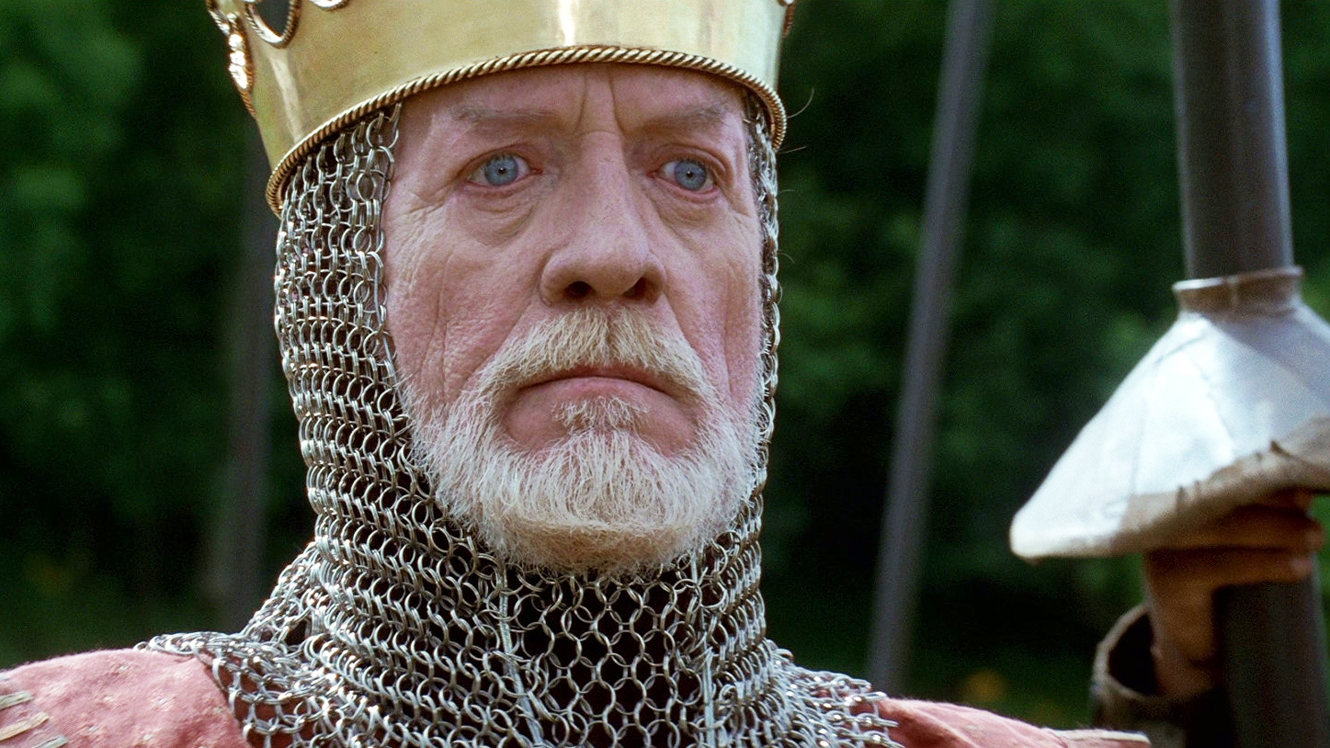There’s a really common thing in stories, which I’ve never seen named. Characters will show subtle awareness that their world is fiction.
I don’t mean loud stuff like an actor turning to face the camera and saying “hello, I’m a character in a movie”. I also don’t mean tropes like “explosions make sound in space” or “In Russia everyone speaks in Russian-accented English”, which is dramatic license so that we can understand the story better.
I mean tiny details, where a character’s behavior only makes sense if they know they’re in a story.
Examples:
– Why do the halflings in fantasy stories (such as RA Salvatore’s Drizzt Do’Urden books) describe themselves as “halflings”? A halfling wouldn’t think of himself as half-sized. From his perspective, he’s normal-sized. It’s the elves, orcs, and humans who are abnormally large.
– Why is the city in DuckTales called “Duckburg”? It’s like a city in our world called “Humantown”. The characters seem to know there’s something unusual about a city of talking ducks.
– In Blade Runner, why does Deckard’s boss explain what a replicant is to a man who has spent a career hunting them down?
– In a recent James Bond film (Die Another Tomorrow Isn’t Enough or something) Daniel “Idris Elba” Brosnan is attacked by baddies. He kills them all, then relaxes, puts his gun away, and leaves. How does he know that all his enemies are dead? There could be ten more bad guys waiting in ambush. Maybe one of them had to go to the WC. It’s as if Sean “Lashana Lynch” Lazenby has read the screenplay to his own movie, and knows the precise number of baddies he must kill before the scene ends.
– In this Calvin and Hobbes comic, why do the clones think of themselves as duplicates two through six? Wouldn’t they each believe that they’re the original?
– In the acclaimed Mel Gibson movie Braveheart, Patrick McGoohan orders massed longbowmen to fire into the center of a battlefield. His captain says “But sire, we’ll hit our own men!” He replies “They’re extras, and they’re not even in the Screen Actors Guild. I will piss on their remains.”
– In the acclaimed Mel Gibson movie Apocalypto, a character goes on a lengthy tirade against interracial marriage, using several racist slurs that hadn’t been invented in the time period, and several more that have not yet been invented in ours.
– In the acclaimed Mel Gibson movie The Passion of the Christ, Mary’s line “‘e’s not the Messiah! ‘e’s a very naughty boy!” is both ill-timed and deeply inappropriate.
– In the acclaimed Mel Gibson movie The Passion of the Christ, Jesus is supposed to be a carpenter, yet at no point is he shown overcharging for materials while being three months behind schedule.
– In the acclaimed Mel Gibson movie The Passion of the Christ, Jesus conveniently dies right when the movie ends. What are the odds of that happening? Unless it actually didn’t end, and the black screen after the credits was also part of the movie, and so was the start of the next movie (The Day After Tomorrow), and so was the usher asking “excuse me sir, do you have a ticket for this movie?”, and so was my response (“yes, here it is, look”), and so was her response (“sir, there’s nothing in your hand”), and so was my response (“it’s an invisible ticket”), and so was her response (“if you don’t have a ticket, you need to leave”), and so was my response (“you are a pathetic sniveling Hitler, cowering in her popcorn-scented Führerbunker”), and so was the amount of time the audience stood up and applauded my hilarious line for (zero seconds), and so was my arrest, and so was my trial, and so was my second trial, and so was my diagnosis, and frankly I can’t wait to see the next plot twist in Mel Gibson’s The Passion of the Christ.
No Comments »
Comments are moderated and may take up to 24 hours to appear.
No comments yet.

